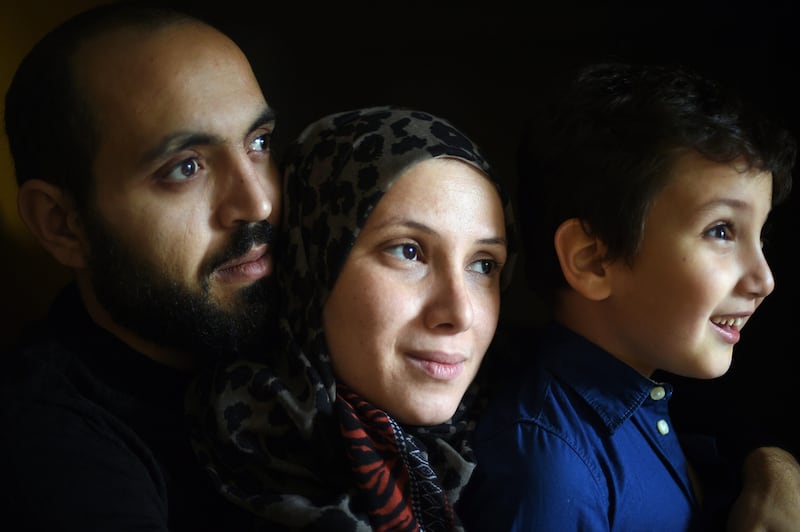In an era of globalisation, many people are starting to feel like minorities. They feel marginalised, that their identities and “distinctness” are threatened, and they are unsure where they belong and who they are in a sea of global trends, tastes and values.
One of the things being questioned is the Arab identity.
Just before his death in 1998, the Syrian poet Nizar Qabbani wrote a poem that is applicable today and, unfortunately, probably will be for a long time.
He wrote: “About a homeland that is searching for a place / And about a nation that no longer has a face / About a homeland that has nothing left of its great ancient verse / But that of wailing and eulogy.”
In an earlier poem, he asked: “Are we Arabs one big lie?”
What does it really mean to be an Arab? Does it, or can it, change if you are born and living somewhere else? How big a role has religion? And what role does loyalty to the homeland play? All of these are things that many Arab thinkers and intellectuals have discussed in the past – and we are talking about them again today.
Illustrative of Arab cynicism when discussing homelands is a dark joke: “If they had stayed in [their homeland], they would never have excelled as far as they have.”
As one example, you hear this about members of the Lebanese diaspora who have become successful once they fled their turbulent homeland and migrated to North or South America, or Europe or moved to the Gulf. Popular lists of successful people who are originally Arabs but citizens of other countries and became pioneers in their field regularly make the rounds of social media. Those who stayed at home may still have achieved, but don’t get the same recognition.
We are witnessing a massive migration of nationalities and cultures across the globe. But that is nothing new; it has been a recurring and evolving facet of human history.
Putting aside the many controversies around the issue of refugees, I want to focus on one of the recurring themes. After talking to several refugees and watching videos on social media of them explaining why they fled and risked everything to go to Europe, I noticed that one term kept coming up: Al Zul. It means derogatory treatment and humiliation – and that is what many are escaping.
Yes, danger and instability would make anyone want to run away, but for many, it wasn’t the immediate threat to their lives that drove them out, it was this very basic sense of lost pride and dignity.
“No matter how bad it can get here, it can never reach that level of humiliation that we lived under back home,” a Syrian refugee told me. The man in his thirties said he had lost faith in Arab countries and “Arabness” in general, and would do whatever it took to become a German citizen, because he wanted to “feel like a human” again.
Surveys on Arab youth reveal that there is a great overall disillusionment with ideals such as pan-Arabism and democracy, with job security and stability seen as more important.
It will be interesting to see in a few years the impact of mass migration on the identities of the migrants and those around them. Examples from history include neighbourhoods and villages given new names based on the migrants who live there. There are areas in Lebanon, for instance, named after the Polish refugees who came there during the Second World War.
On the outskirts of Istanbul, on the Asian side of the city, there is a small town called Polonezköy, which translates to “Polish village”. It was founded in 1842 by Poles who intended to return to their homeland. Some of its residents still speak Polish to this day.
People will always seek places and identities to belong to, and with that search, new identities and homelands may be formed along the way. “Where is home?” and “Who am I?” are questions we will always ask.
rghazal@thenational.ae
On Twitter: @arabianmau





